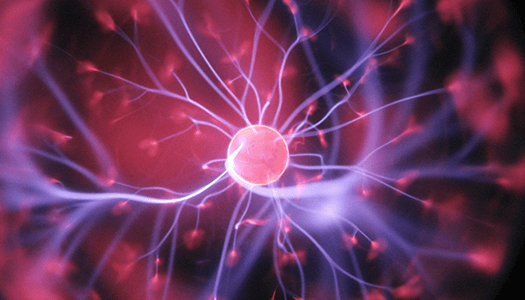What are Vertigo?
Vertigo is the feeling that you or your environment is moving or spinning. It differs from dizziness- vertigo describes an illusion of movement. When you feel as if you yourself are moving, it’s called subjective vertigo, and the perception that your surroundings are moving is called objective vertigo
Causes:
- Benign paroxysmal positional vertigo (BPPV) may be caused when the crystals in the inner ear become dislodged and irritate the semicircular canals
- Labyrinthitis may follow a viral infection which causes inflammation within the middle ear.
- Meniere’s disease is a group of symptoms associated with vertigo, hearing loss and tinnitus or ringing in the ears.
- Acoustic neuroma is a benign tumor of the ear that can present with vertigo.
- The inner ear may also be affected by barotrauma, a condition where pressure changes may be the causes of damage and vertigo.
- Central causes of vertigo that arise in the brain are much less common. Strokes, tumors, seizures and multiple sclerosis may be associated with vertigo.
- Vestibular migraines describe migraine headaches associated with vertigo and are a common cause of balance disorders.
Symptoms:
- Nausea or vomiting
- sweating
- abnormal eye movements.
- The person may have hearing loss and a ringing sensation in the ears.
- The person might have visual disturbances, weakness, difficulty speaking a decreased level of consciousness and difficulty walking.






